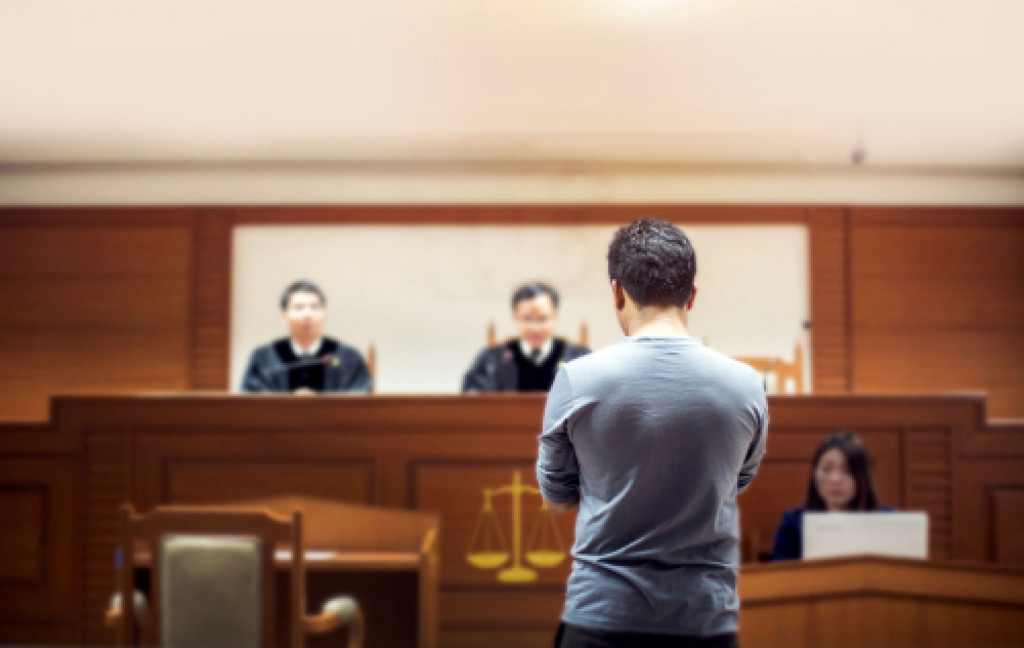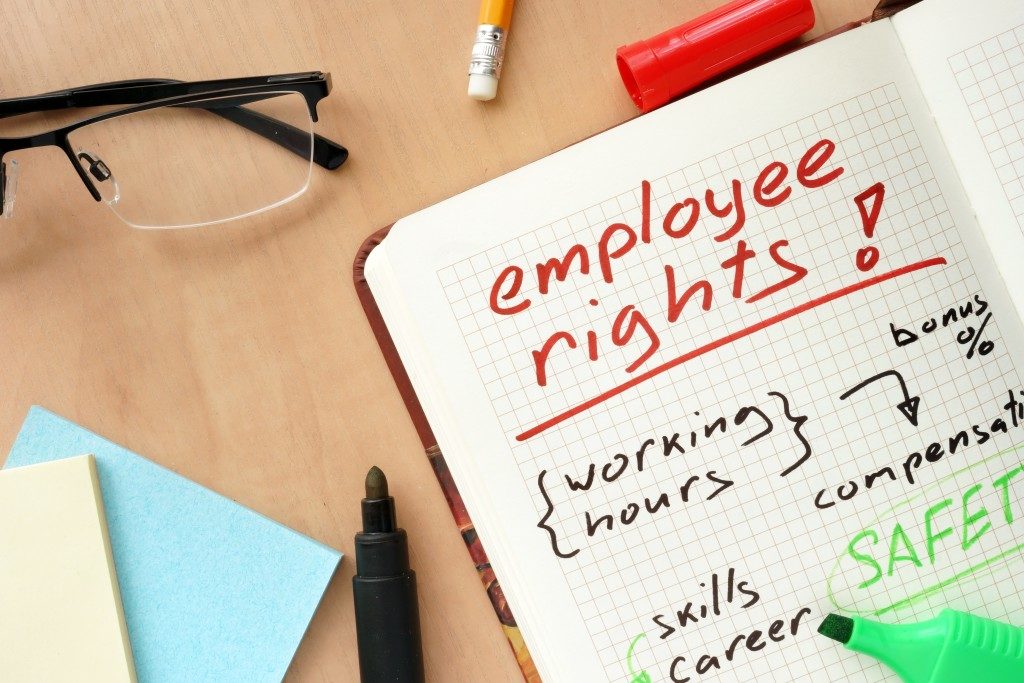- Accusations of accounting fraud require immediate legal counsel for proper guidance and protection.
- Legal defense strategies involve gathering evidence, building a solid team, and navigating the legal process effectively.
- Responding appropriately to investigations and negotiating settlements are critical steps during the legal process.
- Protecting rights and reputation involves exercising the right to silence and minimizing reputational damage.
- Preparation for potential litigation includes exploring settlement and preparing for trial if necessary.
Understanding the nature of corporate misconduct allegations is crucial in navigating the complex world of fraud accusations in the business sector. These allegations, often related to accounting fraud, can range from minor discrepancies to significant financial misstatements with far-reaching consequences.
They not only threaten a company’s reputation and financial stability but also hinder the achievement of its intended business objectives. In such situations, companies must recognize the gravity of the claims and promptly engage legal counsel to ensure proper guidance and protection.
Companies can effectively address the allegations and safeguard their interests by comprehending the intricacies of the accusations against them. Seeking legal counsel becomes paramount in such circumstances, as experienced legal professionals possess the expertise to navigate the complexities of fraud allegations.
The timely involvement of legal counsel helps protect a company’s rights, ensures compliance with legal obligations, and minimizes the potential damage caused by the allegations. This blog post will delve into some essential steps companies must undertake when facing such accusations.
Legal Defense Strategies
Accounting fraud allegations are often time-sensitive, and legal action is required to preserve the company’s rights and credibility. If you’re facing such allegations, several legal defense strategies can be adopted, such as:
The Role of Legal Representation
Legal representation can play a vital role when facing allegations of accounting fraud. A reputable criminal lawyer can guide you through every step of responding to investigations and inquiries. They can provide comprehensive legal advisory services, carefully analyzing settlement offers to protect your best interests.
Moreover, they will skillfully represent you in the courtroom, leveraging their in-depth law knowledge to build a strong defense strategy.
Gathering and Preserving Evidence
When building a defense strategy for accounting fraud allegations, evidence is critical. Gathering and preserving evidence is a crucial step in building a solid case. With the help of an attorney, a thorough investigation into the facts can be conducted. This process includes reviewing financial statements, contacting witnesses, and reviewing emails.
Building a Strong Defense Team
Accounting fraud allegations are severe and can have long-lasting implications. As such, it is essential to have a strong defense team. A team of professionals who can effectively work together is almost always necessary. The team may include a defense attorney, a forensic accountant, and IT experts.
Navigating the Legal Process
Navigating the legal process can be daunting, with its intricate and multifaceted nature. It requires careful attention to detail and a comprehensive understanding of legal principles and procedures. Here are some steps to help companies facing allegations of accounting fraud:
Responding to Investigations and Inquiries
A successful defense strategy against accounting fraud allegations requires responding appropriately to investigations and inquiries. Experienced attorneys can handle any interactions with regulatory authorities, while forensic accountants can work to gather information and examine financial statements.
Negotiating with Regulatory Authorities
Regulatory authorities often prefer settling a case rather than going to court. A strong defense strategy is critical before settlement negotiations when faced with accounting fraud allegations. Attorneys and advisors with experience negotiating with the regulatory authorities can guide through the process, ensuring that the best interest of their clients is represented.
Preparing for Potential Litigation
Legal action is only sometimes avoidable. When facing potential litigation, a solid and well-prepared defense is necessary. Experienced legal representation is required, and regularly conducting mock trials and simulations can help prepare for possible litigation.

Protecting Your Rights and Reputation
Accounting fraud allegations can be devastating to a company’s reputation and credibility. In such situations, a company must immediately protect its rights, restore trust, and safeguard its long-term sustainability. The protection might involve the following:
Exercising Your Right to Remain Silent
The right to remain silent is a critical right for any accused individual. When facing accounting fraud allegations, working with your attorney and limiting interactions with regulatory authorities is essential to prevent self-incrimination.
Minimizing Reputational Damage
Accounting fraud allegations can significantly negatively affect a company’s reputation and brand image. Steps should be taken to minimize the reputational damage. This may include developing a communication strategy, keeping the internal investigation confidential, and being transparent when the study concludes.
Exploring Settlement and Alternative Resolutions
As legal action can be financially and reputationally costly, there may be cases where seeking a settlement or alternative resolution may be the best course of action. A payment can help a company avoid litigation and swiftly end the matter.
Preparing for Trial if Necessary
Litigation may be necessary when facing accounting fraud allegations. Preparing for trial can involve conducting thorough discovery, deposing witnesses, and selecting a suitable jury. Working with experienced legal counsel is essential in building a solid defense for trial.

Accounting fraud allegations can have profound implications for a company’s future. Though it is desirable to avoid legal action by seeking a settlement, it might only sometimes be possible. By preparing for the worst-case scenario, a company can protect its rights and reputation while mitigating the impact on its future.



